 The Social Housing Regulation Bill was introduced to Parliament on 8th June 2022. The Regulator of Social Housing (RSH) will have stronger powers to issue unlimited fines to landlords, enter properties with only 48 hours’ notice and make emergency repairs. The Bill is the latest step in addressing the systemic issues identified following the Grenfell Tower tragedy, not just on the safety and quality of social housing, but about how tenants are treated by their landlords. CHS welcomes the bill to give tenant’s greater powers and improve access to swift and fair redress.
The Social Housing Regulation Bill was introduced to Parliament on 8th June 2022. The Regulator of Social Housing (RSH) will have stronger powers to issue unlimited fines to landlords, enter properties with only 48 hours’ notice and make emergency repairs. The Bill is the latest step in addressing the systemic issues identified following the Grenfell Tower tragedy, not just on the safety and quality of social housing, but about how tenants are treated by their landlords. CHS welcomes the bill to give tenant’s greater powers and improve access to swift and fair redress.
Inspections
Underperforming social landlords will be subject to ‘Ofsted-style’ inspections by the regulator, who will only have to give 48 hours’ notice to landlords before inspections. The regulator will also have to give the tenants 24 hours’ notice before an inspection.
Emergency remedial action
The regulator will have the power to carry out emergency works on properties, for which the social landlord will have to foot the bill. The emergency works can be carried out after a survey of a property finds it caused “an imminent risk of serious harm” to the health and safety of anyone living there. Tenants must be given 24 hours’ notice before the works are carried out.
Performance improvement plans
Social landlords will be issued with ‘performance improvement plan notices’ if they fail to meet standards, they will then have to prepare a plan on how they are going to address any issues and send it to the regulator. Tenants can request to see copies of their landlords’ improvement plans. If the landlord fails to comply with improvement plan notices they could be issued with enforcement action or a fine, or have to pay compensation.
Resident Panel
Tenants will have a direct line to government, with a new 250-person residents panel meeting every 4 months to share their experiences with Ministers, inform policy thinking and help drive change in the sector. Two of our tenants have applied to join the panel.
Removal of serious detriment test
The Bill removes the ‘serious detriment’ test, which currently blocks the RSH from intervening over consumer standards unless it suspects tenants are at risk of serious harm. This will make it easier for the Regulator to tackle poor performing landlords.
Health and safety lead
Landlords will need to have a named person who will be responsible for health and safety requirements. At CHS this is Stephen Hills, our Operations Director.
Freedom of information
Tenants of housing associations will be able to request information from their landlord, similar to how the Freedom of Information Act works for council housing. The bill requires social landlords to give tenants information relating to their accommodation, facilities or services. A social landlord must also publish its executives’ salaries and management costs. Tenants will be able to rate their landlord as part of new satisfaction measures.
Performance and monitoring
The regulator can now ask social landlords to collect and publish information relating to their compliance performance.
Electrical safety standards
The government is seeking views on electrical safety standards for social housing via a consultation.
Housing Ombudsman scheme
The Housing Ombudsman was granted new powers – which included the ability to refer more cases to the regulator and to issue complaint-handling orders against poorly performing landlords – in September 2020. The purpose is to ensure that a landlord’s complaint-handling process is accessible, consistent and timely, as set out in the Housing Ombudsman’s complaint-handling code. The bill puts into law the code of practice.
This Bill marks the latest step in response to the Grenfell Tower fire, following on from the Building Safety Act and last year’s Fire Safety Act.

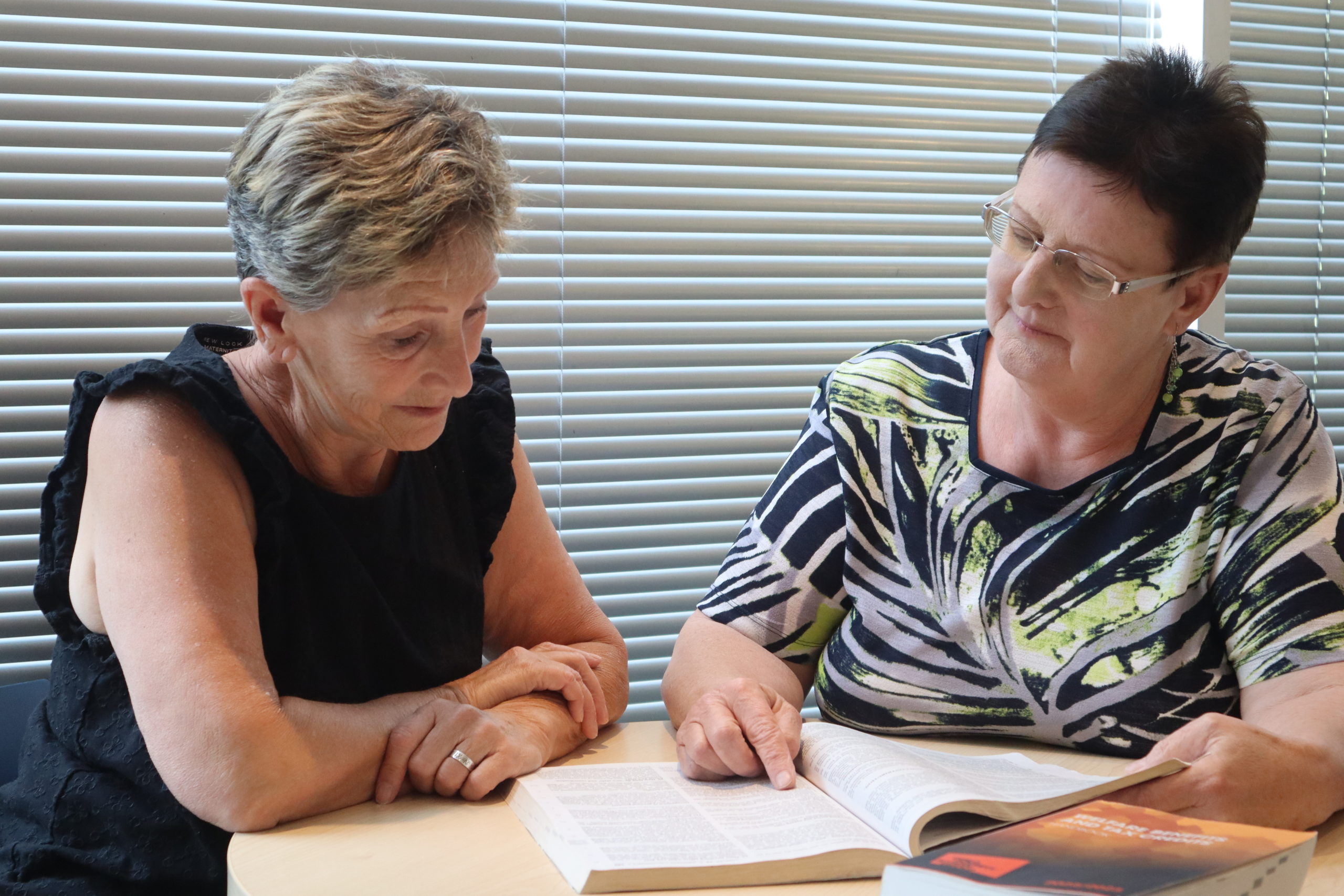

 UK SAYS NO MORE (a national campaign to end domestic abuse and sexual violence) is working with Boots, Morrisons pharmacies, Superdrug pharmacies, Well pharmacies, independent pharmacies, HSBC and TSB banks across the UK to provide Safe Spaces in their consultation rooms for people experiencing domestic abuse. You can use a Safe Space in whichever way works for you. They provide a safe and discrete way to reach out to friends and family, and contact specialist support services.
UK SAYS NO MORE (a national campaign to end domestic abuse and sexual violence) is working with Boots, Morrisons pharmacies, Superdrug pharmacies, Well pharmacies, independent pharmacies, HSBC and TSB banks across the UK to provide Safe Spaces in their consultation rooms for people experiencing domestic abuse. You can use a Safe Space in whichever way works for you. They provide a safe and discrete way to reach out to friends and family, and contact specialist support services.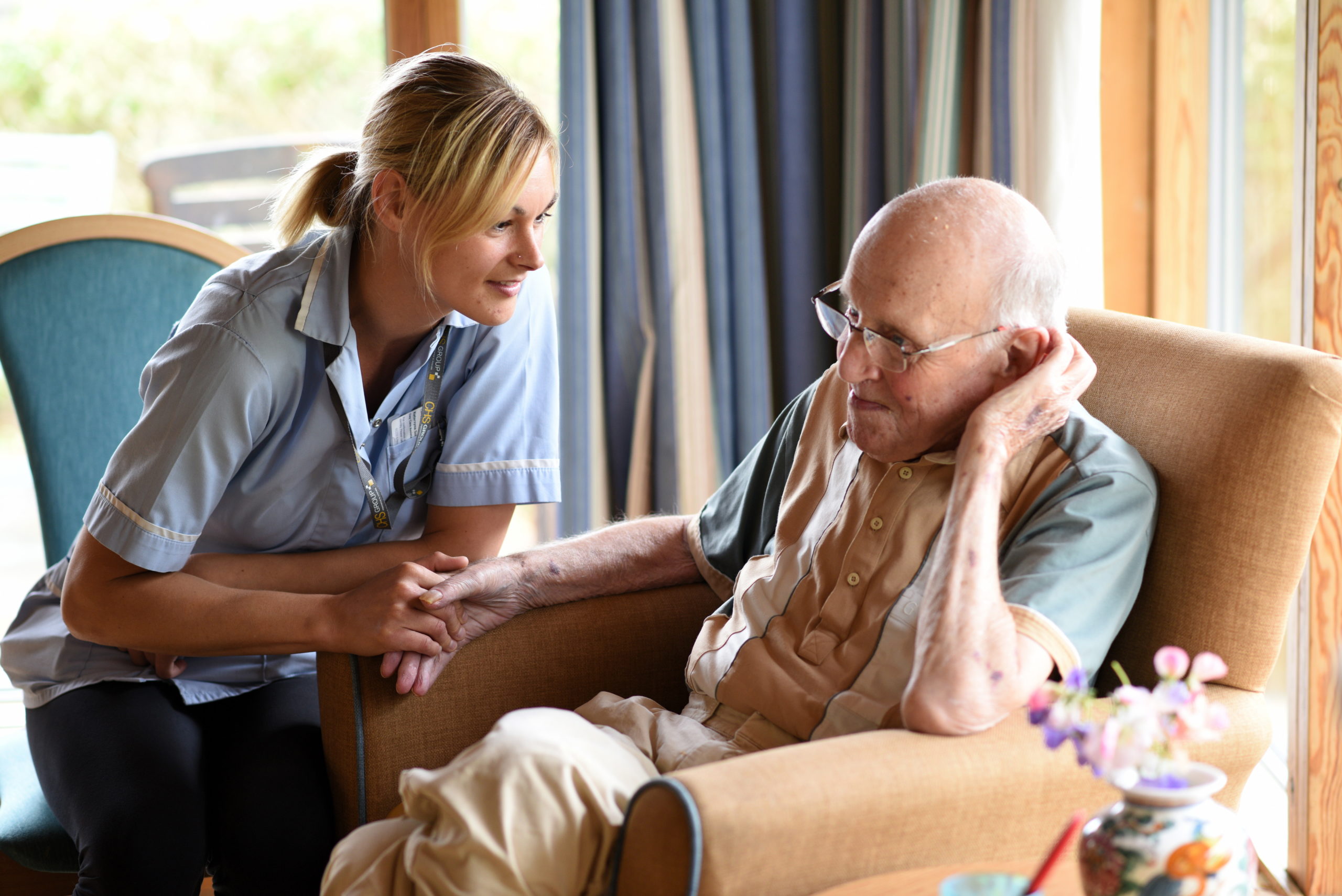 L
L We can offer
We can offer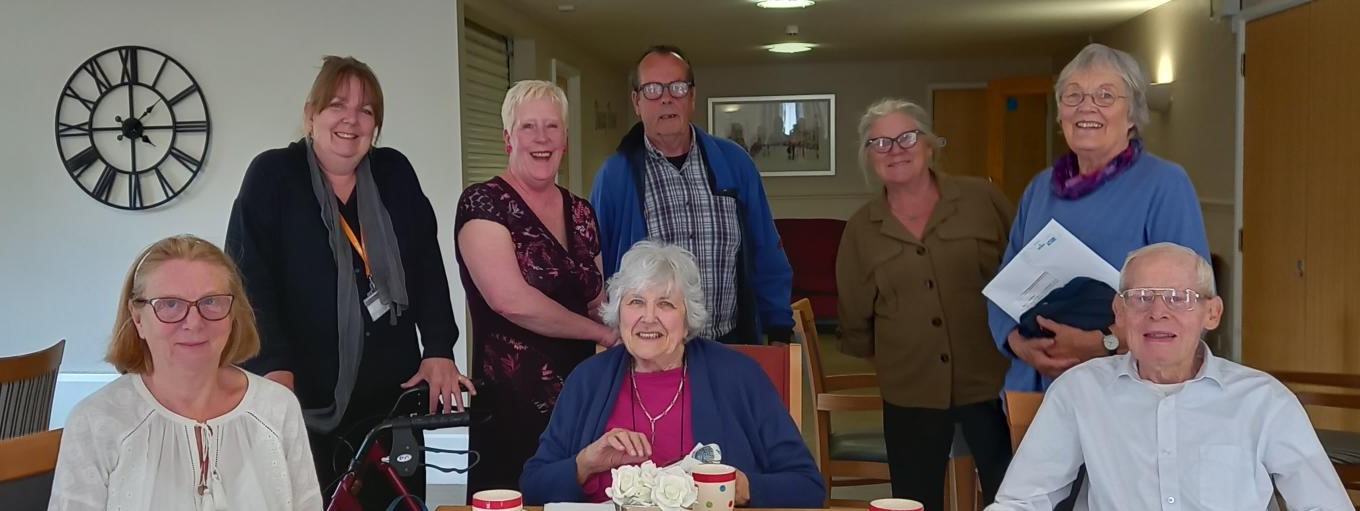 Our Tenant Committee is always keen to welcome new members. Have your say on changes that affect you as a tenant, make a difference and meet new people. Jacquie Taylor is stepping down as Chair of the Committee so there is an opening for a new Chair who will start from October.
Our Tenant Committee is always keen to welcome new members. Have your say on changes that affect you as a tenant, make a difference and meet new people. Jacquie Taylor is stepping down as Chair of the Committee so there is an opening for a new Chair who will start from October. CHS residents across Cambridgeshire celebrated the Queen’s Platinum Jubilee in June. Street parties were held in Headlands in Huntingdon and at John Beckett Court in Ely. These events were supported with CHS neighbourhood grants. Organiser Tracy Wort said “What a great day we all had celebrating the Queen’s Jubilee, we had plenty to eat and drink and had lots of fun, another successful Headlanders street party.”
CHS residents across Cambridgeshire celebrated the Queen’s Platinum Jubilee in June. Street parties were held in Headlands in Huntingdon and at John Beckett Court in Ely. These events were supported with CHS neighbourhood grants. Organiser Tracy Wort said “What a great day we all had celebrating the Queen’s Jubilee, we had plenty to eat and drink and had lots of fun, another successful Headlanders street party.”
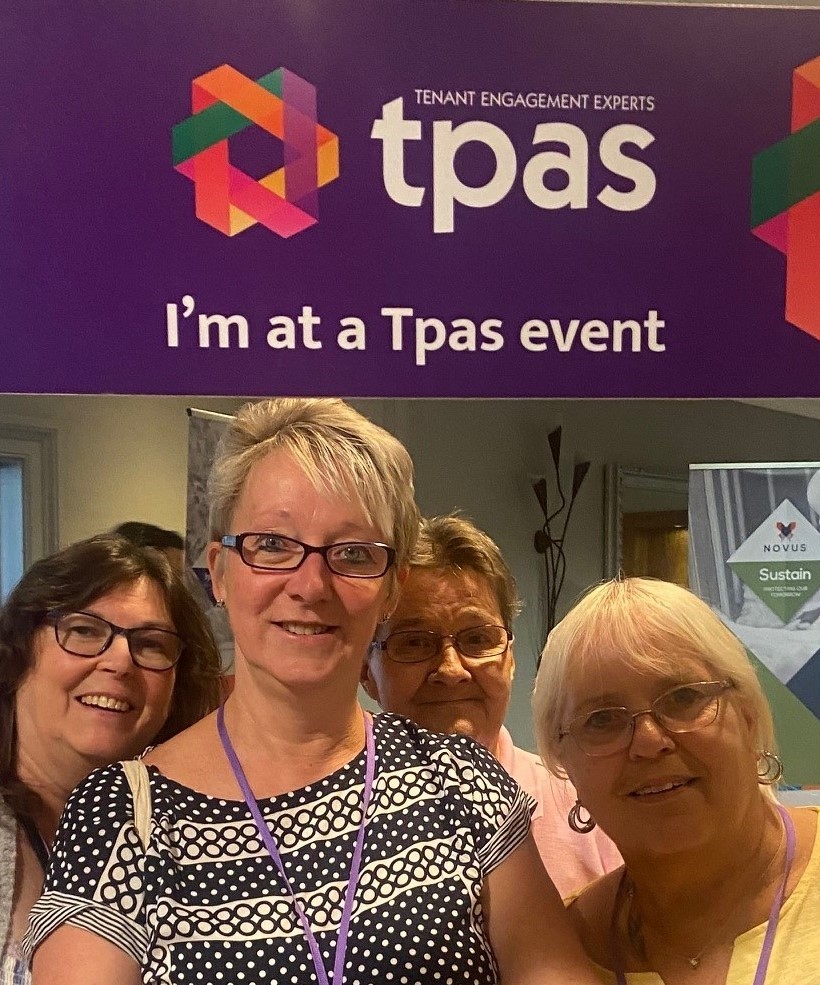 CHS are members of Tpas, who are the tenant engagement experts, they promote, support and champion tenant involvement and empowerment in social housing across England. Being members has a number of benefits for us that all of our tenants can get access to, such as training, including webinars and events, resources, news and a platform to talk to a community of involved residents and tenant engagement professionals. You can find out more about Tpas by visiting their website
CHS are members of Tpas, who are the tenant engagement experts, they promote, support and champion tenant involvement and empowerment in social housing across England. Being members has a number of benefits for us that all of our tenants can get access to, such as training, including webinars and events, resources, news and a platform to talk to a community of involved residents and tenant engagement professionals. You can find out more about Tpas by visiting their website 
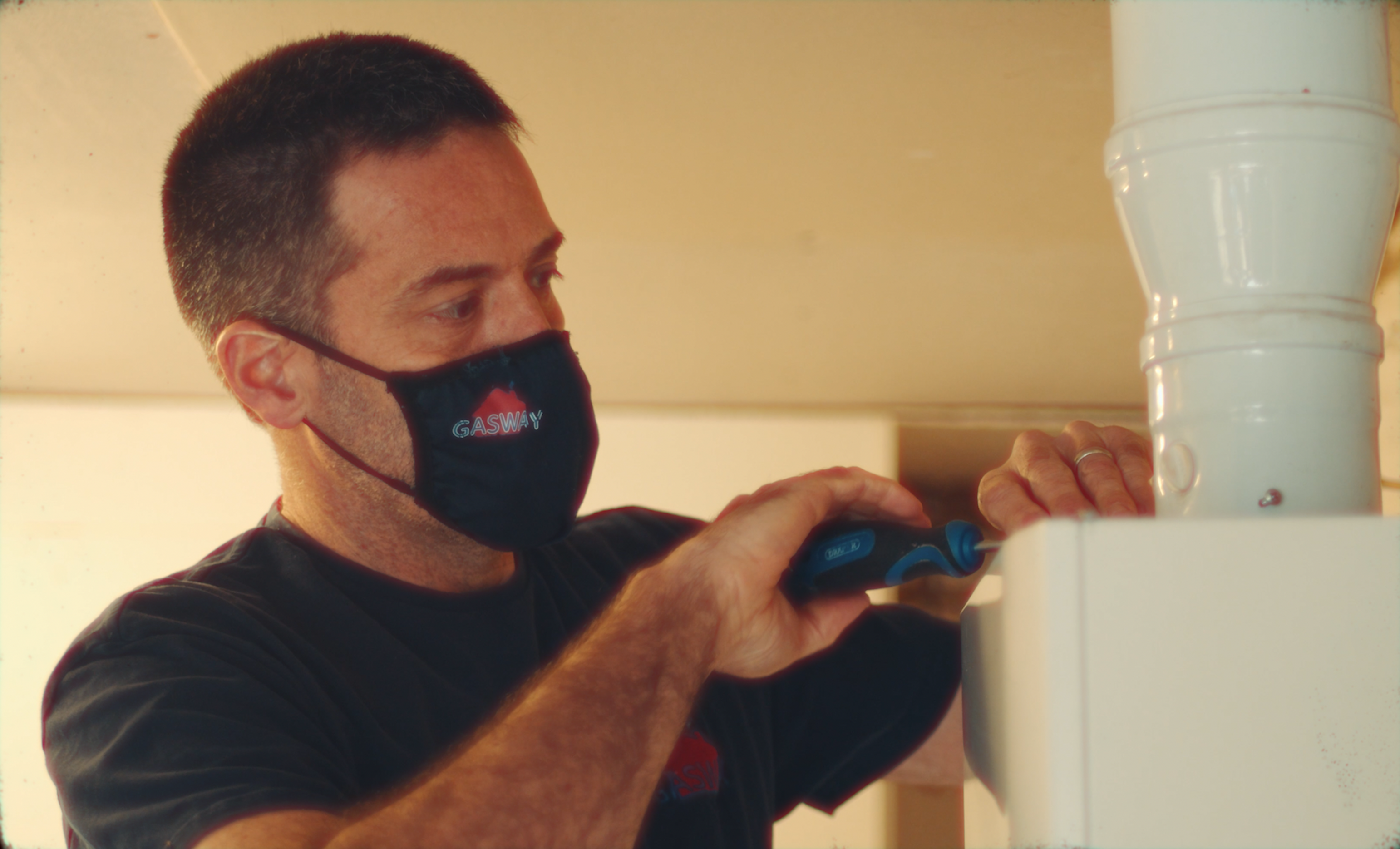 We have been working with Gasway to improve their response times in completing repairs for customers. CHS have a number of different heating systems across our properties, so it is impossible for Gasway to stock every part that could be required for a repair. However, in an effort to improve the service, Gasway have identified a number of parts that have now been added to van stocks or stock levels of current parts have been increased, to improve the chances of a First Time Fix and to reduce repair times. More parts on the van = More repairs completed at first visit.
We have been working with Gasway to improve their response times in completing repairs for customers. CHS have a number of different heating systems across our properties, so it is impossible for Gasway to stock every part that could be required for a repair. However, in an effort to improve the service, Gasway have identified a number of parts that have now been added to van stocks or stock levels of current parts have been increased, to improve the chances of a First Time Fix and to reduce repair times. More parts on the van = More repairs completed at first visit. If you’re a keen gardener w
If you’re a keen gardener w Every year there are tragic reports of people dying from a silent killer in their home. That killer is carbon monoxide and it can be created when gas or oil is burned in faulty or badly fitted gas or oil appliances, such as boilers and cookers.
Every year there are tragic reports of people dying from a silent killer in their home. That killer is carbon monoxide and it can be created when gas or oil is burned in faulty or badly fitted gas or oil appliances, such as boilers and cookers. 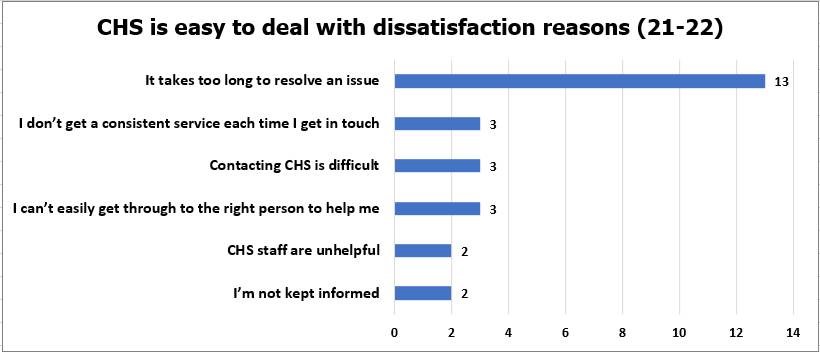
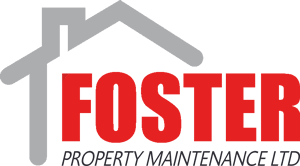 was 90%
was 90% 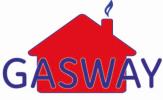 was 87%
was 87% 
 The Social Housing Regulation Bill was introduced to Parliament on 8th June 2022. The Regulator of Social Housing (RSH) will have stronger powers to issue unlimited fines to landlords, enter properties with only 48 hours’ notice and make emergency repairs. The Bill is the latest step in addressing the systemic issues identified following the Grenfell Tower tragedy, not just on the safety and quality of social housing, but about how tenants are treated by their landlords. CHS welcomes the bill to give tenant’s greater powers and improve access to swift and fair redress.
The Social Housing Regulation Bill was introduced to Parliament on 8th June 2022. The Regulator of Social Housing (RSH) will have stronger powers to issue unlimited fines to landlords, enter properties with only 48 hours’ notice and make emergency repairs. The Bill is the latest step in addressing the systemic issues identified following the Grenfell Tower tragedy, not just on the safety and quality of social housing, but about how tenants are treated by their landlords. CHS welcomes the bill to give tenant’s greater powers and improve access to swift and fair redress.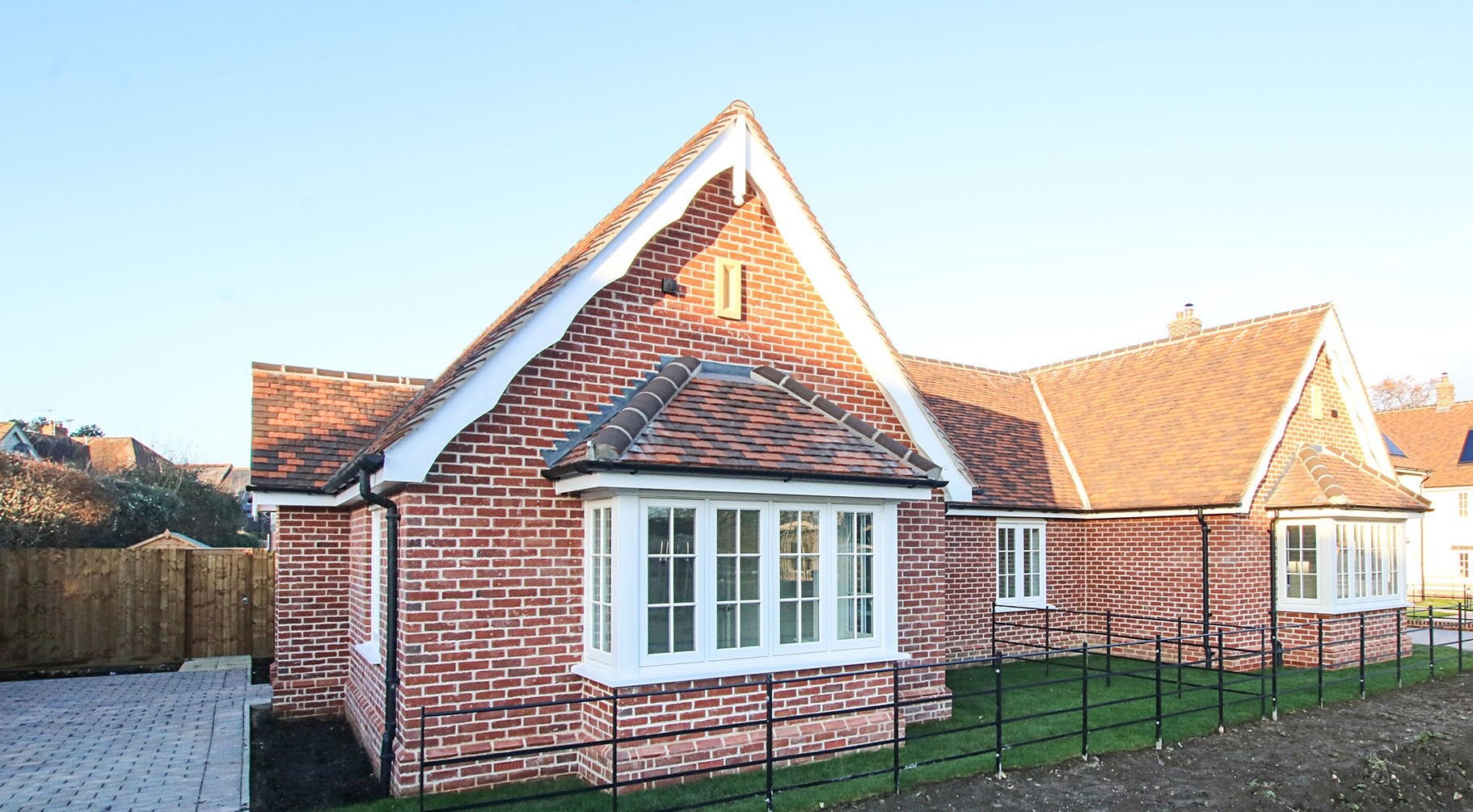 These t
These t Tim Jennings
Tim Jennings Much of Jacquie’s working life has focused on people, firstly working as an administrator then Manager of an Adult Education department at a local Village College, then as Eastern Regional Operations Manager for the Worker’s Educational Association. Jacquie has been a CHS volunteer since 2017, as a member of Scrutiny Panel, Complaints Panel and Chair of the Tenant Committee. Working with the Board to ensure that all tenants have the chance to live and thrive in a safe and comfortable home is a high priority for Jacquie.
Much of Jacquie’s working life has focused on people, firstly working as an administrator then Manager of an Adult Education department at a local Village College, then as Eastern Regional Operations Manager for the Worker’s Educational Association. Jacquie has been a CHS volunteer since 2017, as a member of Scrutiny Panel, Complaints Panel and Chair of the Tenant Committee. Working with the Board to ensure that all tenants have the chance to live and thrive in a safe and comfortable home is a high priority for Jacquie. Shaidah is a commercial lawyer with extensive experience in working in the public sector and currently heads a commercial litigation team at the London Borough of Brent. Shaidah’s particular expertise lies in legal financial recovery in areas such as dissipation of assets, adult social care, service charge and major works and has led on some of the most complex and high value legal cases whilst attaining excellent results for her clients. Shaidah was recognised by Lawyers in Local Government when she won the coveted Junior Lawyer of the year in 2020.
Shaidah is a commercial lawyer with extensive experience in working in the public sector and currently heads a commercial litigation team at the London Borough of Brent. Shaidah’s particular expertise lies in legal financial recovery in areas such as dissipation of assets, adult social care, service charge and major works and has led on some of the most complex and high value legal cases whilst attaining excellent results for her clients. Shaidah was recognised by Lawyers in Local Government when she won the coveted Junior Lawyer of the year in 2020. 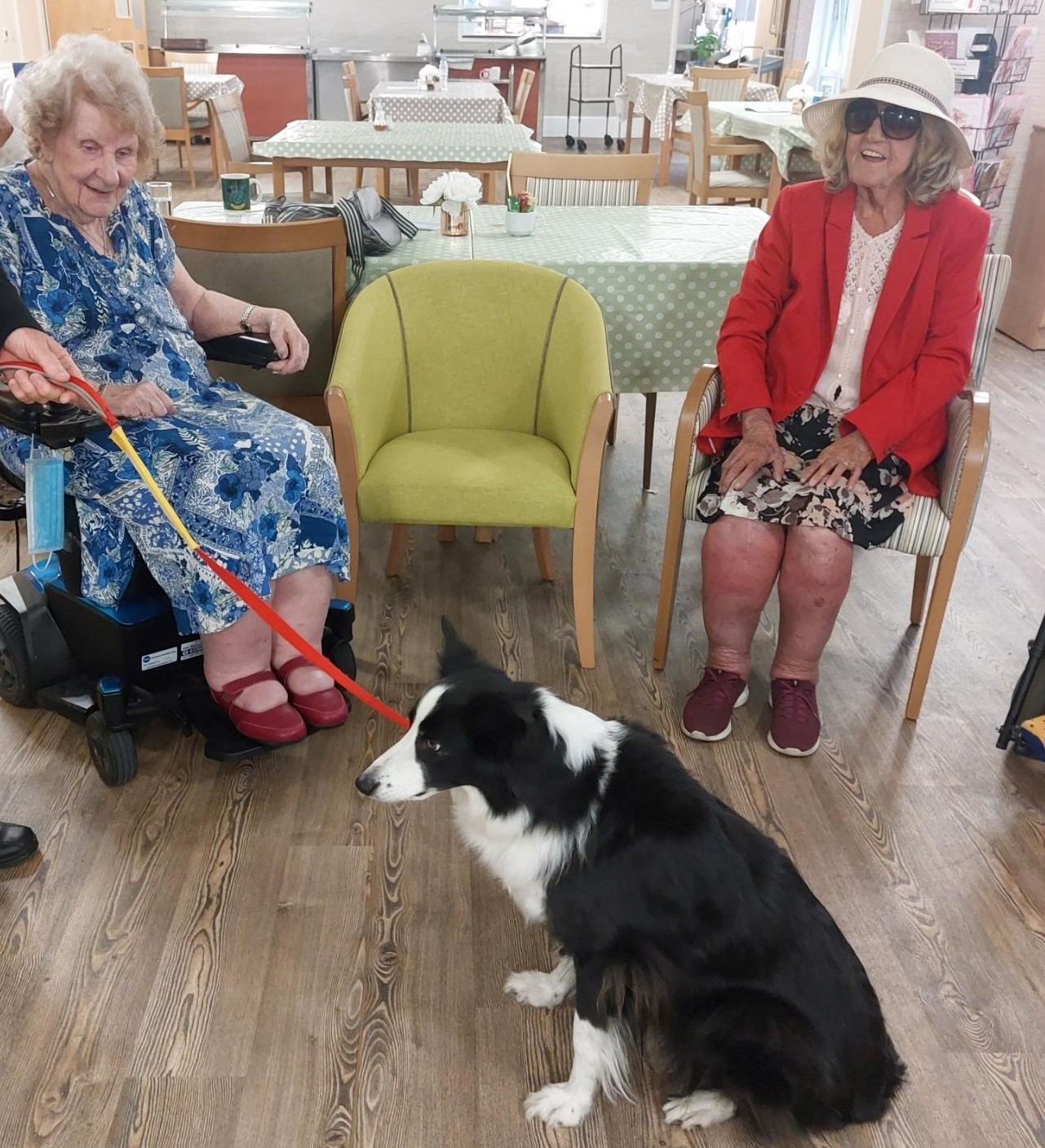 A pat on the back for Jess
A pat on the back for Jess Home grown vegetables on the menu at Dunstan Court
Home grown vegetables on the menu at Dunstan Court Flower arranging at Moorlands Court
Flower arranging at Moorlands Court